Lack of appreciation and work overload are some reasons why employees quit. Read on to know what other factors influence people to change their jobs.
Not all of us are lucky enough to be in a job that is both secure as well as enriching.
Many of us aren't fortunate enough to get the job of our choice. It has been observed that a large number of people not only change their jobs but sometimes change their career several times during their lifetime.
Career change is not always negative. It can be an amazing opportunity to explore new avenues and take risks.
|
|
 |
Boredom at work is one of the most common reasons leading to job change.
Many employees cite this as one of the top reasons why they decided to switch their careers.
Boredom not only affects productivity and job satisfaction but also sometimes generates a feeling of hatred about the job among the employees.
|
|
 |
Money is a big motivator for employees.
If you are not able to get what you deserve in lieu of the work you are doing, it could be highly discouraging.
A large number of people change their jobs because they feel they do not get their job's worth.
People who are underpaid believe that more money will make them feel better.
The thought that they will continue to remain underpaid in their organisation forces them to quit their job and look for something better.
|
|
 |
Many a times, the office management fails to act as a driving force for the employees.
It fails to provide proper appreciation and credit, thus curtailing employees from taking ownership of the work they do.
Poor communication, micro-management, and lack of control over one's workday are major reasons why employees seek greener pastures in other organisations.
|
|
 |
Sometimes people underutilise their skills and aren't able to stand out at work although they are in the right job.
What is even worse is that sometimes you tend to lose the skills that were once your core competence.
In fact, if you do not update and use your skills regularly then you will eventually lose them.
|
|
 |
This is one of the most dangerous situations -- when people realise that they aren't learning anything in their current job.
It has been observed many times that if there are lesser growth opportunities in a job then the employee feels stagnated and adopts a change of career.
A job must come with challenges and allow the person to grow and learn from them. For instance, if you are a person who believes that life is a learning process and your job contains no scope for learning and discovery then you are bound to be unsatisfied with the job.
|
|
 |
Team dynamics play a very important role in your job.
One cannot share the same rapport with everyone in an organisation/ team. Personality conflicts will always be there.
And if unfortunately, you land up in a team that enjoys taking potshots at you and rubs you off in the wrong way, then your survival in an organisation is going to be very difficult.
The situation may be worse if you aren't a social pariah and have no one to click with.
|
|
 |
Many employers don't realise the importance of appreciation and encouragement.
They underestimate the value of praise and recognition.
For a lot of people, motivation comes from appreciation. If their work goes unappreciated then the drive to work effectively also vanishes for them.
The sense of pride is one of the greatest drivers of performance.
|
|
 |
If your work is characterised by a lot of deadlines then it might make you feel worn out.
If you are regularly working as a decapitated chicken then it is quite likely that eventually you will stop enjoying your work and go for a job change.
|
|
 |
The place of work affects job satisfaction to a large extent.
The distance of one's workplace from his/her respective home creates a lot of impact on the performance.
It is not easy to deal with regular traffic and rush hour daily.
If you are spending a lot of time commuting and that starts to affect your performance at work and you will go in for a job change soon.
|
|
While it may seem trivial, incentives like medical and supplemental benefits are an important part of any job.
Every employee expects a comprehensive plan of benefits and if one employer isn't providing these basic incentives then the employee is bound to go for a job change.
While employers can try to minimise these reasons to make their workplaces more employee-friendly, employees too can work on improving on some of their character traits to fit in with the demands of the organisation.




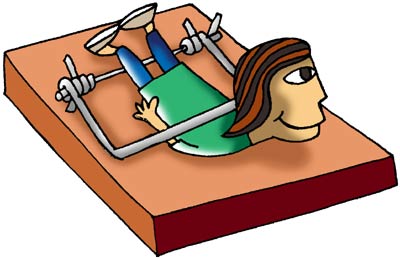

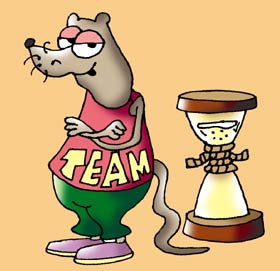

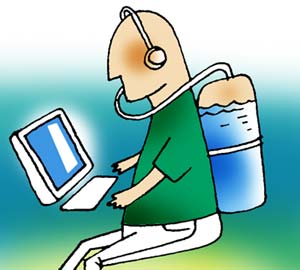
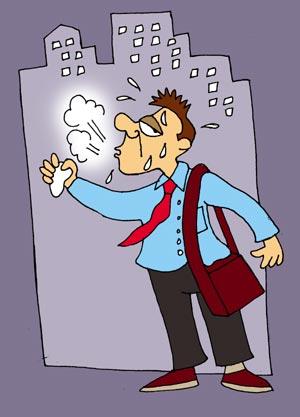
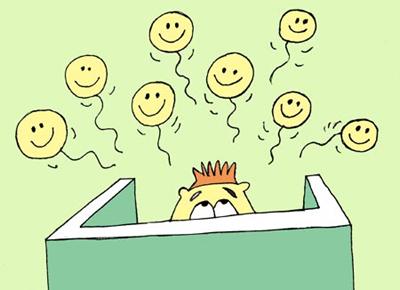




 CAclubindia
CAclubindia
